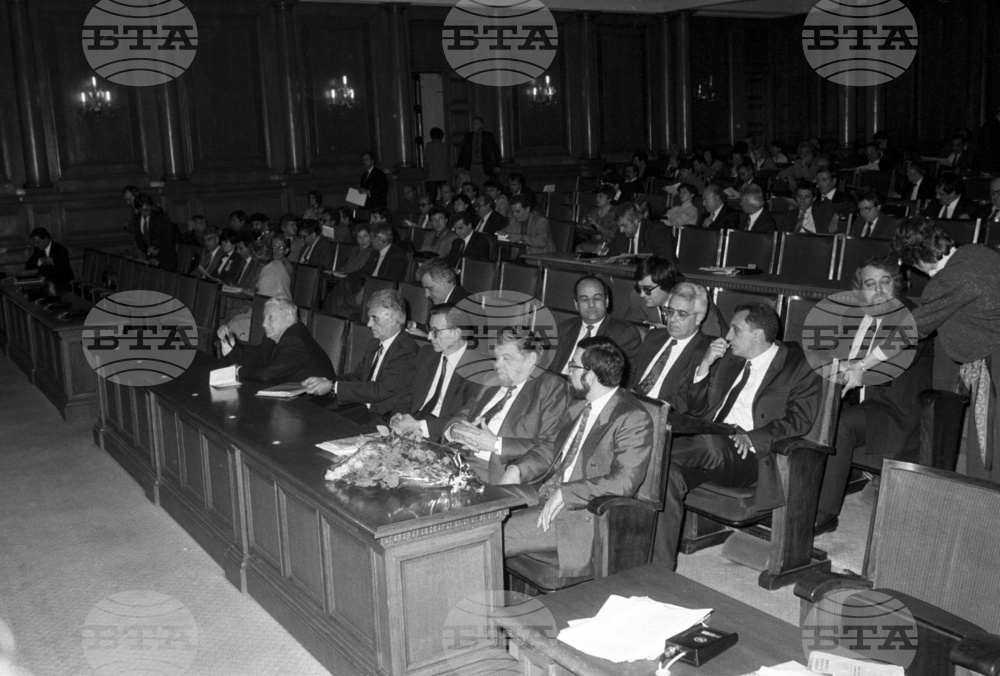site.btaOctober 28, 1992: Bulgaria's First Non-communist Cabinet Resigns After Losing Confidence Vote


On October 28, 1992, Bulgaria’s 36th National Assembly rejected a motion of confidence in this country's first non-communist government over its economic, domestic, foreign, and security policies. After losing the vote, Prime Minister Philip Dimitrov announced his resignation.
The government crisis follows months of political difficulties in the country. On August 30, 1992, President Zhelyu Zhelev held a news conference outside his residence, where he criticized Dimitrov's government, accusing it of being in conflict with the media, trade unions, the Bulgarian Orthodox Church, the presidential administration, and extra-parliamentary political entities.
In the two months that followed, political tensions intensified. In September, voices within the Union of Democratic Forces (UDF) factions called for changes in the government, joined by the Movement for Rights and Freedoms (MRF), which suggested either a cabinet reshuffle or a new team. In mid-September, the MRF demanded the resignation of National Assembly Chair Stefan Savov of UDF, backed by MPs of the Bulgarian Socialist Party. In a declaration a few days later, the MRF announced its decision to withdraw confidence from Prime Minister Philip Dimitrov. MRF leader Ahmed Dogan clarified that "withdrawing political confidence from Philip Dimitrov does not imply lack of confidence in the entire government." On September 24, at the start of a plenary sitting, Savov tendered his resignation.
Meanwhile, tensions were growing in relations with trade unions. In early October, teachers went on strike, and there were signs of impending strikes in the military-industrial sector. Problems also began to surface in the security sector. Reports emerged of arms deals involving doctored documents approved by the government commission for the control of the production and trade of military and special production.
A few weeks later, on September 18, 1992, Brigo Asparuhov, head of the National Intelligence Service (NIS), said in a news conference that the NIS had evidence implicating one of Prime Minister Philip Dimitrov's advisers in the arms trade. Later in the day, he told a BTA reporter that this individual was indeed a government adviser.
A meeting was subsequently held with the President, attended by the Prime Minister, ministers, and MPs to discuss the case, which was later brought before parliament. This incident further heightened the institutional tensions of the time.
/IV/
news.modal.header
news.modal.text